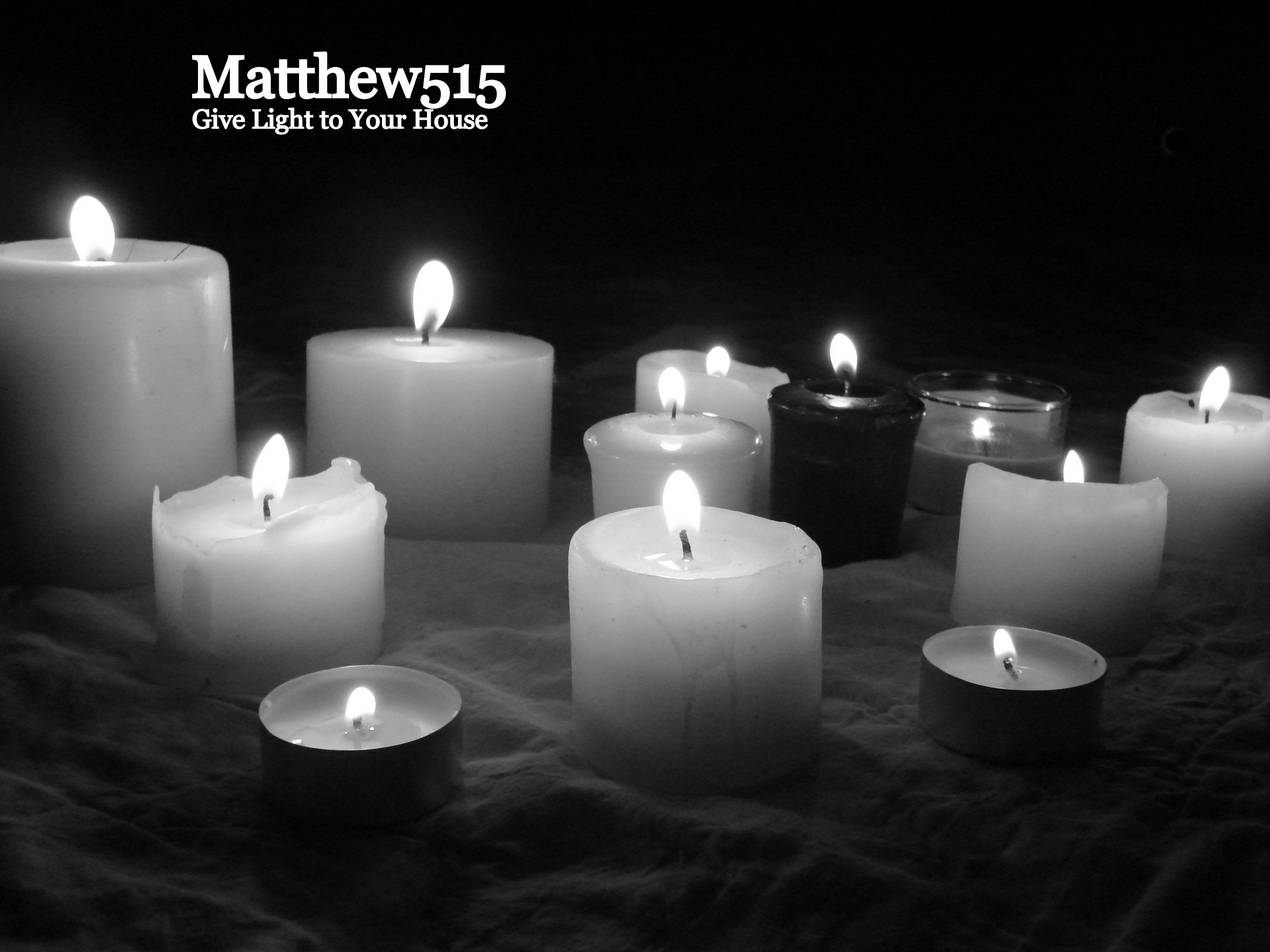
Let me start by asking a question. This is not going to be a question that we necessarily enjoy dealing with but it is an important one nonetheless.
What role, if any, does sorrow and grief over our sinful condition play in our spiritual development? Or, asked another way, does sin’s lament have a purpose and can anything good come out of the grief that is a result of falling short of the glory of God?
This is the question that formed in my mind as I began to read the book of Lamentations recently. Lamentations, it seems, is not a popular book for Biblical study. In fact I can’t remember ever having been through a proper study of the book of Lamentations in any of the Sunday school literature, devotionals or sermon series that I can recall.
Lamentations is thematically dark and difficult. It deals primarily with the author’s (who is never named but Christian tradition holds that it was Jeremiah who wrote it) sorrow over the fall of Jerusalem. It describes in vivid detail both the author’s feelings and the horrible things that he has seen that has lead him to his present state. Jeremiah, over and over, puts pain to page as he cries out to God and recounts the broken and desolate state of the once flourishing Jerusalem.
God’s Spirit lead him to write but for what purpose? What is so important about the very difficult book of Lamentations?
Lamentations does several things. It first serves as a reminder that sin has consequences and that God’s judgement comes as a result of our sinful behavior. Secondly it shows us that sorrow and grief as a result of sin is not new but has been experienced by all people down through the ages. The times may change but God’s response to disobedience does not and the basics of the human condition are the same today as they always have been.
Most importantly, Lamentations shows us that even in our darkest moments of our own making, we can hope in the eventual restoration and deliverance by God.
I remember my affliction and my wandering, the bitterness and the gall.
I well remember them, and my soul is downcast within me.
Yet this I call to mind and therefore I have hope:
Because of the Lord’s great love we are not consumed,
for his compassions never fail.
They are new every morning; great is your faithfulness.
I say to myself, “The Lord is my portion; therefore I will wait for him.” Lamentations 3:19-24 (NIV)
Jeremiah could express this hope because he believed in the goodness of the Lord. Jeremiah knew, as should we, that God’s chastisement is always aimed at our rehabilitation and restoration.
If our sorrow and grief lead us to cry out to God and to seek him anew then we are exactly where we need to be.
